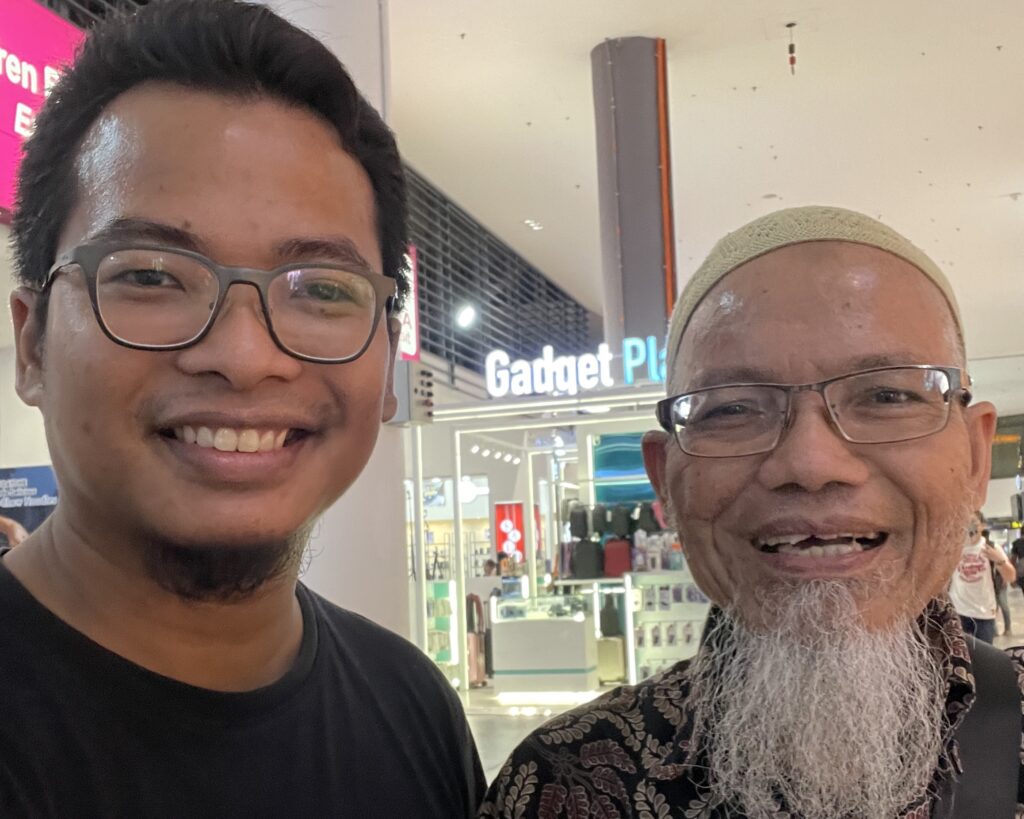
My father was a welder 
During his final employment he took a desk job as a purchasing officer and benefited from his on site experience to really know the parts, components and where to source them strategically.
Whenever both of us are home (I was studying in KL at the time) he never forgets his welding background and talks one day he plans to take the course and exam to become a certified welding inspector. He didn’t make it (due to commitments and health concerns) but instead I did.
Becoming a certified welding inspector (CWI) is a rewarding career path that involves ensuring the quality and safety of welded products. The following is how most welders upgrade themselves to become inspectors:
Educational Foundation: Start by earning a high school diploma or equivalent. It provides the basic foundation for understanding welding principles.
Gain Welding Experience: Work as a welder or in a related field to gain hands-on experience. Many CWI programs require a minimum number of years in the industry.
Choose a Certification Program: Look for a reputable organization that offers CWI certification, such as the American Welding Society (AWS). They provide training and exams.
Prepare for the Exam: Study the AWS Certified Welding Inspector’s Body of Knowledge. This includes welding codes, safety, and inspection techniques. Many resources, including prep courses, are available to help you prepare.
Pass the Exam: Take the AWS CWI exam. It typically consists of a written test, a practical exam, and a code book examination. Pass all three to become certified.
Continuing Education: To maintain your certification, you’ll need to participate in ongoing education and pass a recertification exam every three years. This ensures you stay up-to-date with industry standards.
Gain Experience as an Inspector: After becoming a CWI, you can work in various industries as an inspector. This can include manufacturing, construction, and more.
Networking and Building a Reputation: Join industry associations and attend conferences to network with other professionals. Building a good reputation for accuracy and professionalism is crucial in this field.
Specialize if Desired: Consider specialization, such as becoming a Certified Welding Educator (CWE) or focusing on a particular type of welding inspection, like pipeline or structural.
I hope you one day achieve your dreams, or the dreams of our loved ones, Amiin.
Cheers 